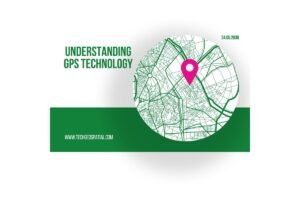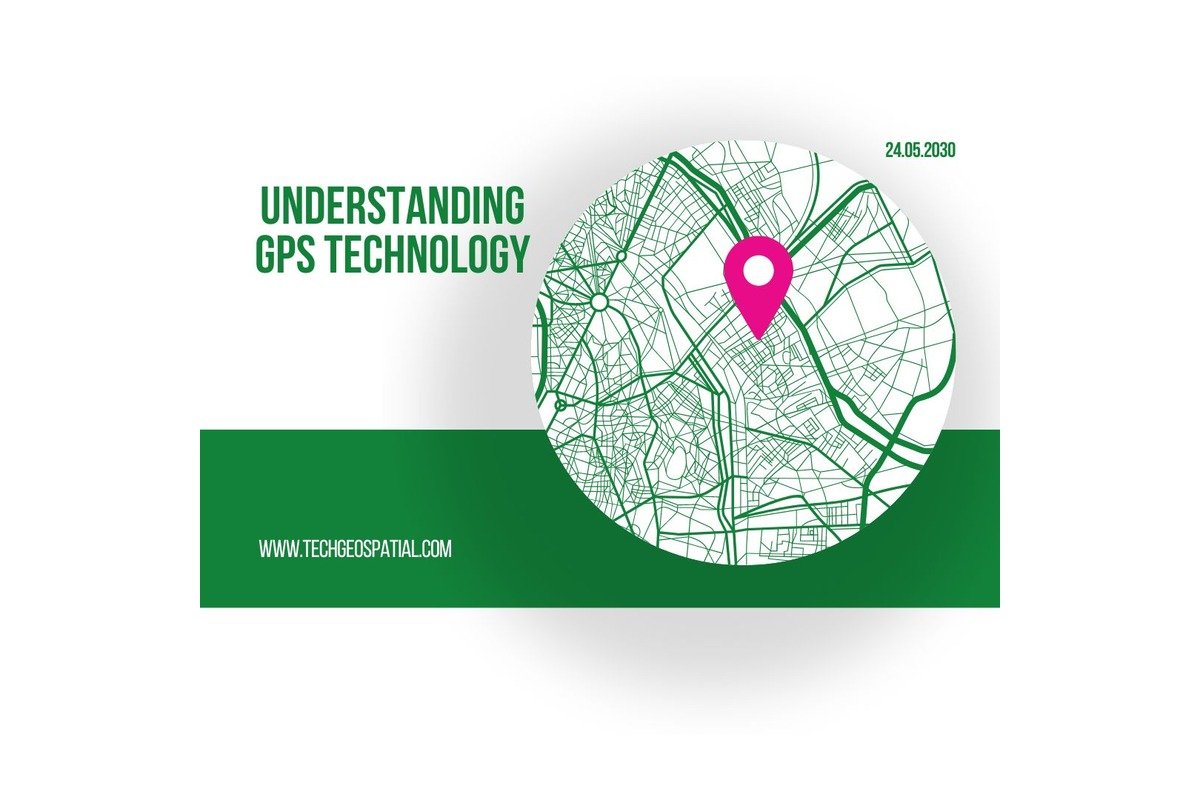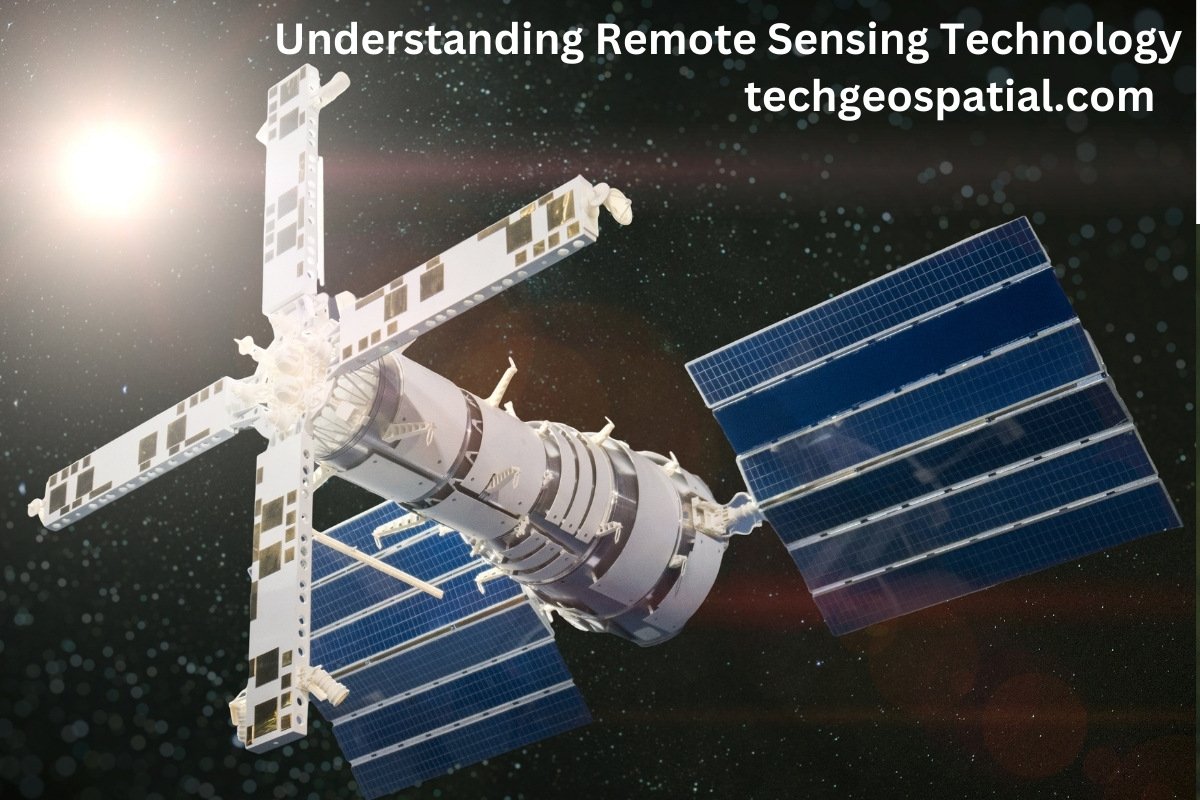Introduction to GPS Technology
GPS, or Global Positioning System, has become an indispensable part of modern life. It’s a revolutionary technology that enables precise location tracking and navigation, empowering a wide array of applications from personal devices to complex military operations.
History of GPS

The genesis of GPS dates back to the early Cold War era when the United States military began exploring methods to track and locate submarines accurately. The first experimental satellite, Transit 1B, was launched in 1960, laying the groundwork for what would later become the GPS we know today. Over the decades, GPS underwent significant advancements, transitioning from a military tool to a ubiquitous civilian technology.
Components of GPS
At its core, GPS consists of three primary components: satellites, receivers, and ground stations. Satellites orbit the Earth, continuously broadcasting signals containing precise timing and positioning information. Receivers, found in devices such as smartphones and navigation systems, capture these signals and calculate their own position based on the data received. Ground stations are responsible for monitoring and maintaining the accuracy of the satellite constellation.
Applications of GPS
GPS technology permeates numerous aspects of modern life, offering a diverse array of applications across industries:
GPS navigation systems have become indispensable tools for travelers, providing real-time directions, traffic updates, and points of interest along routes. From personal vehicles to commercial aircraft, GPS navigation enhances safety, efficiency, and convenience for users worldwide.
Agriculture
In agriculture, GPS-enabled precision farming techniques optimize resource management, increase yields, and reduce environmental impact. Farmers utilize GPS-equipped machinery to precisely plant seeds, apply fertilizers, and monitor crop health, resulting in more sustainable and productive agricultural practices.
Emergency Services
Emergency responders rely on GPS technology to coordinate rescue efforts, locate individuals in distress, and navigate challenging terrain during search and rescue missions. Accurate positioning data provided by GPS enhances response times and improves outcomes in critical situations.
Geolocation Services
The proliferation of smartphones and mobile devices has fueled the growth of location-based services, enabling businesses to deliver targeted advertising, localized information, and personalized experiences to users based on their geographic location. GPS technology powers these services, facilitating seamless integration into everyday activities.
GPS Accuracy and Limitations
While GPS offers impressive accuracy in most scenarios, several factors can influence its reliability. Environmental conditions such as dense urban areas or dense foliage can obstruct satellite signals, leading to reduced accuracy. Additionally, intentional interference or jamming can disrupt GPS signals, posing security risks in certain situations.
GPS in Everyday Life
In recent years, GPS has become deeply integrated into our daily routines. From using smartphone apps to find nearby restaurants to monitoring fitness activities, GPS enhances convenience and safety. It’s also a crucial component in transportation systems, enabling real-time tracking of vehicles and optimizing routes for efficiency.
Future Trends in GPS Technology
The future of GPS technology promises even greater accuracy and functionality. Advancements in satellite technology, such as the deployment of next-generation satellites with improved signal strength, will enhance positioning accuracy in challenging environments. Moreover, the integration of GPS with emerging technologies like augmented reality and autonomous vehicles opens up new possibilities for innovation and efficiency.
Privacy and Ethical Considerations
Despite its numerous benefits, GPS technology raises concerns regarding privacy and ethical implications. The ability to track individuals’ movements in real-time raises questions about surveillance and personal autonomy. As such, there’s a growing need for regulations and ethical guidelines to ensure responsible use of GPS data and protect individuals’ privacy rights.
Conclusion
In conclusion, GPS technology has transformed the way we navigate and interact with the world around us. From its humble beginnings as a military navigation tool to its widespread adoption in civilian applications, GPS continues to evolve and shape our daily lives. As we look towards the future, advancements in GPS technology hold the promise of even greater accuracy, efficiency, and innovation.
FAQs
1. How does GPS work?
GPS works by using a network of satellites that orbit the Earth and broadcast signals containing precise timing and positioning information. Receivers on the ground capture these signals and use them to calculate their own position.
2. What are some common applications of GPS?
Common applications of GPS include navigation systems in cars, smartphones, and airplanes, as well as tracking devices for fleet management, wildlife monitoring, and emergency services.
3. What factors can affect GPS accuracy?
Environmental factors such as dense urban areas, tall buildings, and foliage can obstruct GPS signals, leading to reduced accuracy. Additionally, intentional interference or jamming can disrupt GPS reception.
4. Are there any privacy concerns associated with GPS technology?
Yes, the ability to track individuals’ movements in real-time raises privacy concerns. There’s a need for regulations and ethical guidelines to ensure responsible use of GPS data and protect individuals’ privacy rights.
5. What are some future trends in GPS technology?
Future trends in GPS technology include advancements in satellite technology for improved accuracy, integration with emerging technologies like augmented reality and autonomous vehicles, and increased focus on privacy and ethical considerations.





